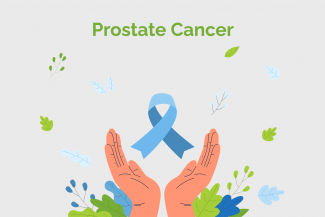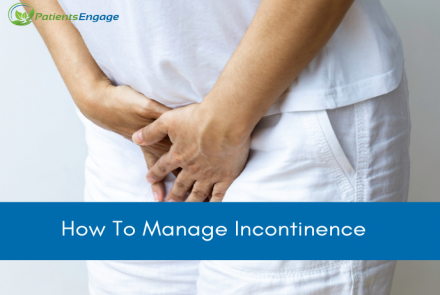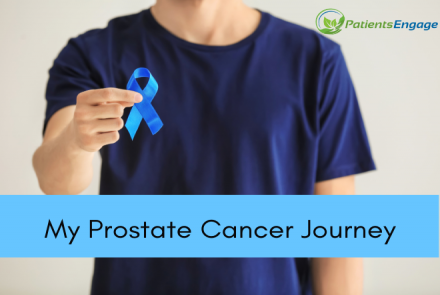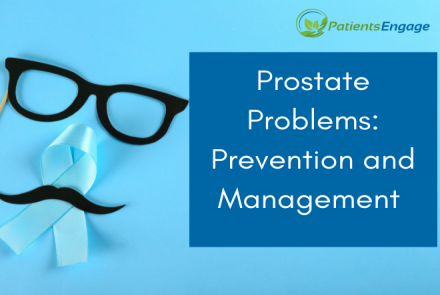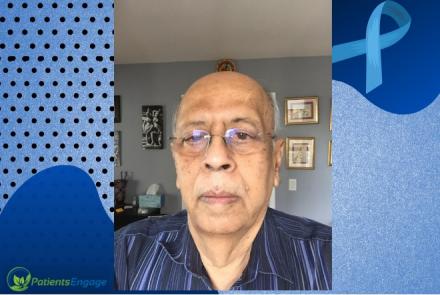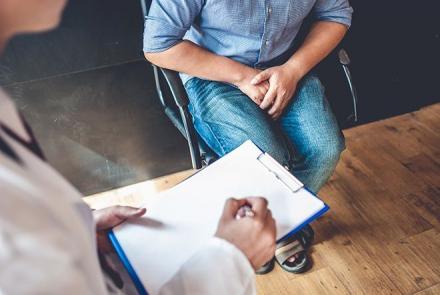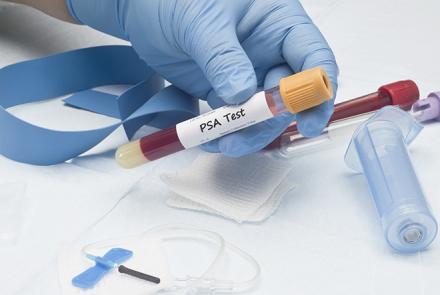Prostate cancer,also known as carcinoma of the prostate,is a malignant tumour in the prostate, a gland in the male reproductive system. Globally, it is the second most common cancer. Most prostate cancers are slow-growing; though some may grow relatively fast. Prostate cancer is usually not fatal.
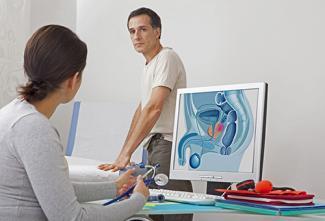
Managing prostate cancer
In addition to treatment options discussed, here are other aspects of managing Prostate Cancer.
Diet tips for prostate health:
Include the following:
- Include fruits and vegetables in daily diet
- Chose plant proteins like beans, cereals, seeds and nuts
- Eat foods rich in Omega-3
- Eat wholegrain and natural foods high in fibre
- Drink lots of water
Avoid the following:
- Dishes high in red meat, dairy products and animal fat
- High intake of calcium supplements and dairy products is associated with higher prostate cancer rates and aggressiveness
- Processed and fast food
- Excessive sugar and sugary foods
Exercise
Exercise is a critical factor in prostate health and fighting the disease as obesity is tied to prostate cancer aggressiveness while regular exercise promotes good prostate health and wellbeing. Keep the following in mind:
- Men who have prostate cancer have more than double the risk of dying from the disease, regardless of treatment type, if they are obese than if they had normal body mass index.
- Further, men who are obese or become obese one year prior to diagnosis are three times more likely to have the prostate cancer spread through the rest of the body.
- Studies show that men who walk only one to three hours each week had an 86% lower risk of aggressive prostate cancer.
- Exercise is also beneficial for those who have already been treated for prostate cancer.
Know your support team: Who can help you stay healthy
- Medical oncologist
- Surgeon
- Dietitian
- Counsellor or mental health practitioner
Changed
25/Jan/2019
Community
Condition

